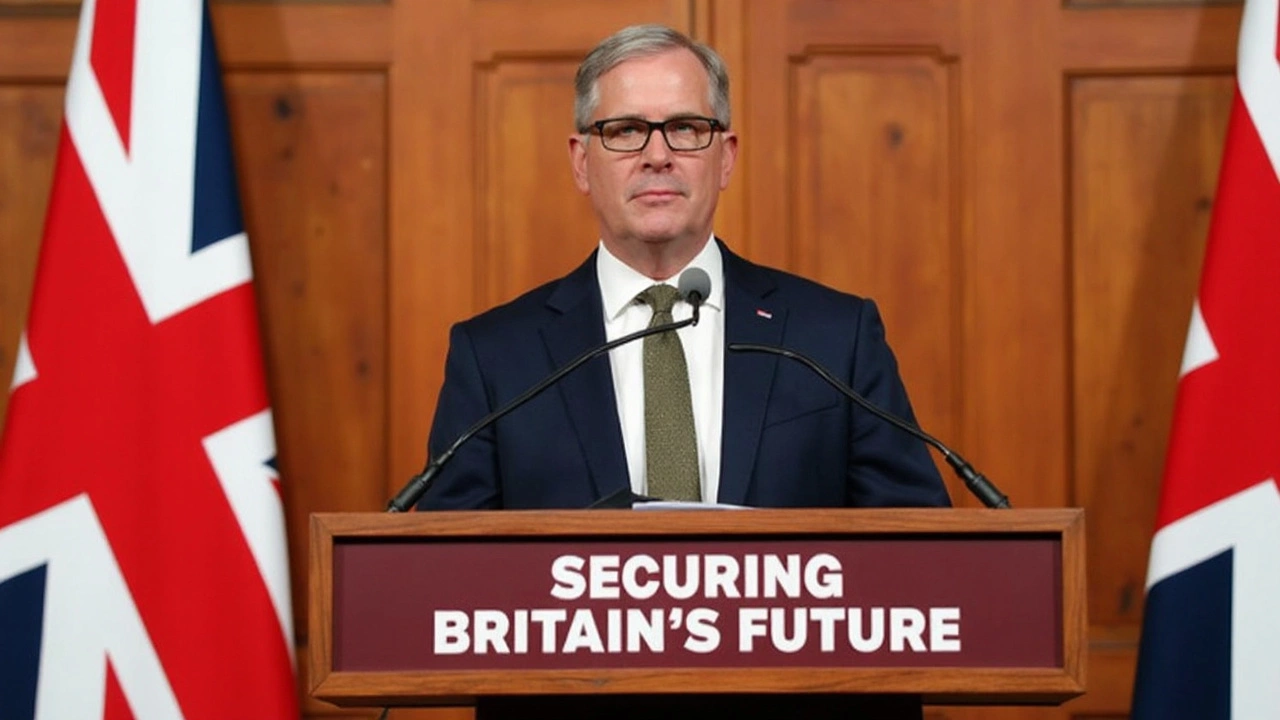The UK is witnessing a rare scramble within its political corridors as the government convenes an emergency Saturday parliamentary session. This move, prompted by the precarious situation of British Steel under its current owner, China's Jingye Group, seeks to pass crucial legislation. The plant in Scunthorpe, a significant bastion of Britain's industrial legacy, is teetering on the brink of closure, threatening not just the livelihood of 2,700 workers but also the nation's steel production capability.
Prime Minister Keir Starmer has not minced words about the broader implications of this crisis. He links it squarely to the nation's economic framework and security concerns, saying, 'jobs, investment, growth, our economic and national security are all on the line.' The legislation he's pushing offers the government the power to take operational control of the plant, focusing on securing essential raw materials and ensuring workers continue to get paid. It's a move to stabilize the company without officially calling it 'nationalization.'
Jingye Group has recently announced the downturn of British Steel, struggling with 'challenging market conditions' dictated by a tough international landscape. Among the hurdles is a hefty 25% tariff imposed by then-U.S. President Donald Trump on imported steel, compounded by mounting environmental expenses. As a result, the Scunthorpe operation finds itself stranded, especially after Jingye stopped ordering the iron pellets crucial for its blast furnaces — the UK’s last to produce virgin steel from raw materials.
This crisis has forced the UK government to make unparalleled decisions, with the last instance of a Saturday parliamentary session dating back to the Falklands War era in 1982. This reflects the seriousness of the situation. The intervention has garnered support from unions, who emphasize the strategic value of keeping the plant operational. Roy Rickhuss from the Community union has underscored the potential repercussions of eroding Britain's primary steel manufacturing capacity, a sentiment echoed by many industry watchers.
Once a powerhouse in global steel production, Britain's industry now contributes a modest 0.1% to the economy. Today, most steelmakers have turned to electric arc furnaces that recycle metal, a far cry from the once-dominant role the UK played. The potential closure of the Scunthorpe plant doesn't just risk jobs but might also position the UK as the sole G7 nation without primary steel production capability. This scenario raises red flags around the broader industrial competitiveness and national security.
While Prime Minister Starmer has yet to confront the tariffs head-on and engage in a tit-for-tat trade battle with the U.S., he does aim to negotiate their removal, signaling that the UK is focusing on negotiation instead of retaliation. As the country debates this emergency measure, eyes will be keenly watching how this temporary solution pans out, with more comprehensive strategies still a work in progress. Meanwhile, Jingye, having acquired British Steel in 2020 and waited months in vain for government assistance, remains poised on uncertain ground as negotiations persist.
